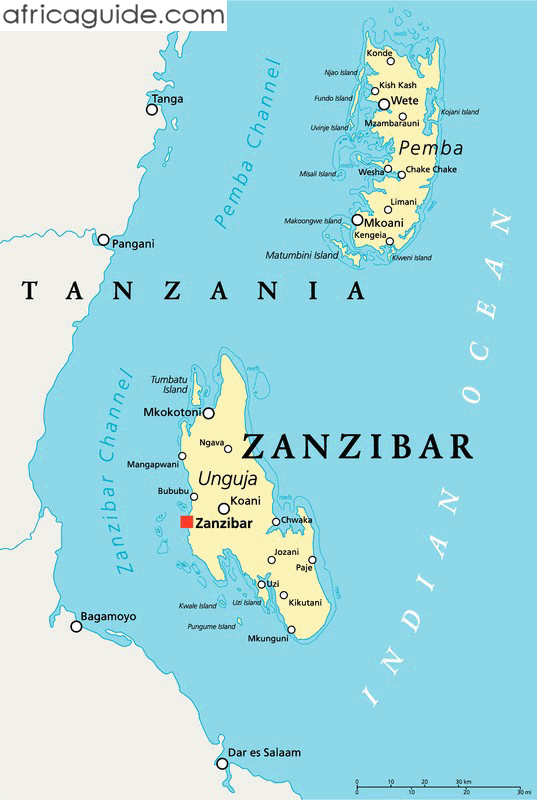On this day in 1948, workers of the British-owned African Wharfage Company (AWC) began a work stoppage that turned into a general strike, paralyzing the city for weeks and leading the government to declare a state of emergency.
Part of the power of this strike came from the fact that the AWC held a monopoly on cargo shipping in the port of Zanzibar City - when their workers struck, supplies across the region were affected. One example of this is when, on August 26th, an Italian cruise liner arrived in Zanzibar seeking water supplies, but could not get it due to the dockworkers' strike.
The labor action did not begin as a general strike. Abbas Othman, an AWC worker and strike leader, had attempted to involve other labor groups, but they initially declined.
As food shortages began to occur, Zanzibar President Glenday ordered that all weapons were to be delivered to the police station and banned all meetings not approved by the Chief of Police. A few days later, he declared sweeping emergency powers that gave the government control over food and movement of people.
Despite this repression, the general strike succeeded, both in the short term and the long. By December 1st, 1948, the AWC had increased all of their laborers' wage rates. Higher wages and better conditions were also put in place for workers involved in the packing of produce for export, the bakery trade, the soap and oil factories, government, and coconut husking. A Port Labour Advisory Committee was also formed to advise the government of labor conditions for port workers.
